Help Decrease Your High Cholesterol by Eating These 12 Foods
There are two types of cholesterol your doctor may tell you about from a blood test: LDL and HDL. LDL is the “bad” type of cholesterol that, when elevated, puts you at risk for heart disease.
Nutrition plays a large role in reducing your LDL cholesterol numbers.
I’m a Registered Dietitian and these are the 12 foods I recommend clients include in their diet to reduce cholesterol.
Whole Grain Bread
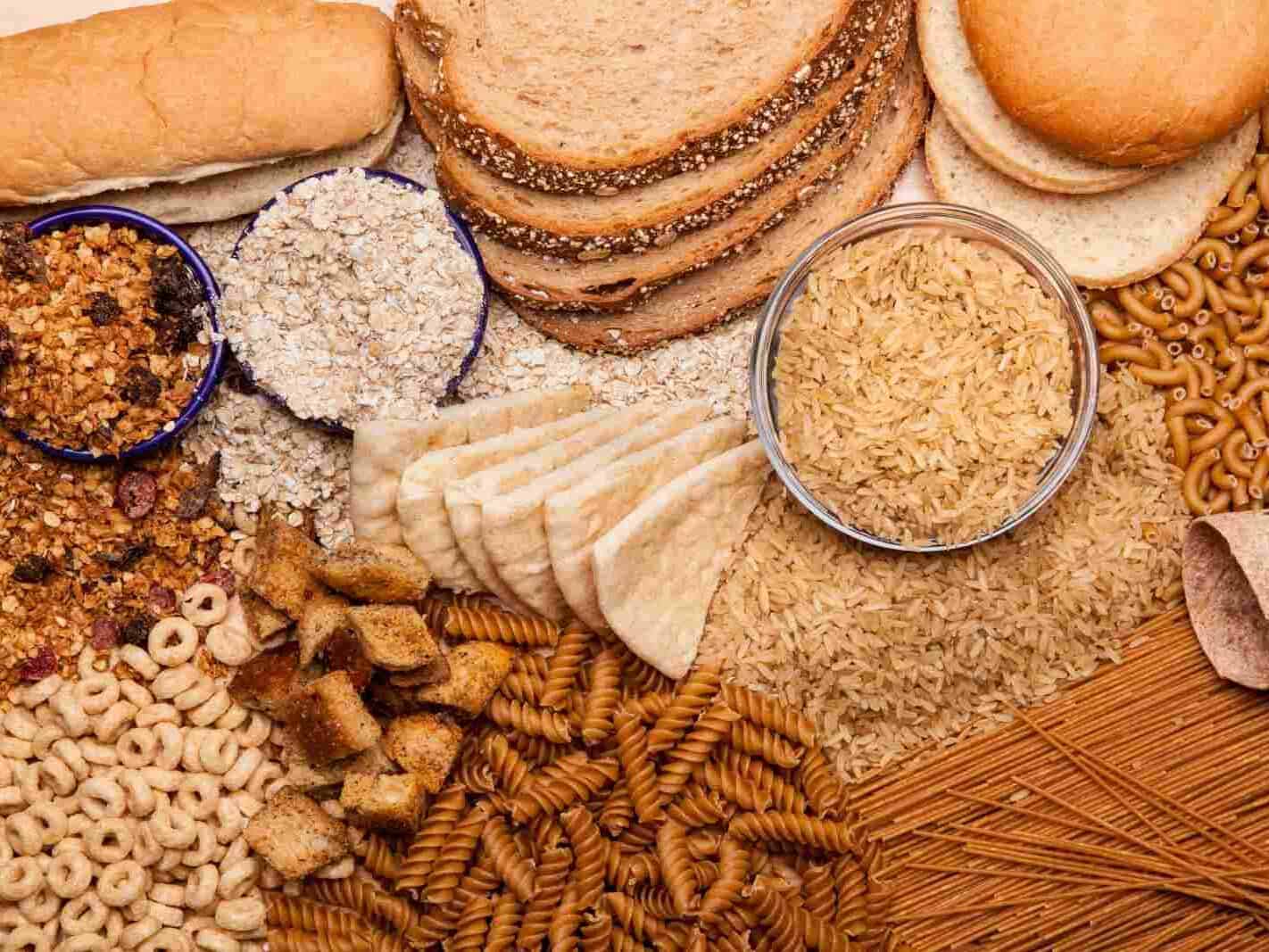
Whole-grain bread is higher in fiber than white bread. Fiber has many different beneficial roles in the body, including normalizing cholesterol. If you consume bread in your diet, consider incorporating more whole wheat varieties.
Check the nutrition label on the package for at least 3 grams of fiber per serving.
Olive Oil
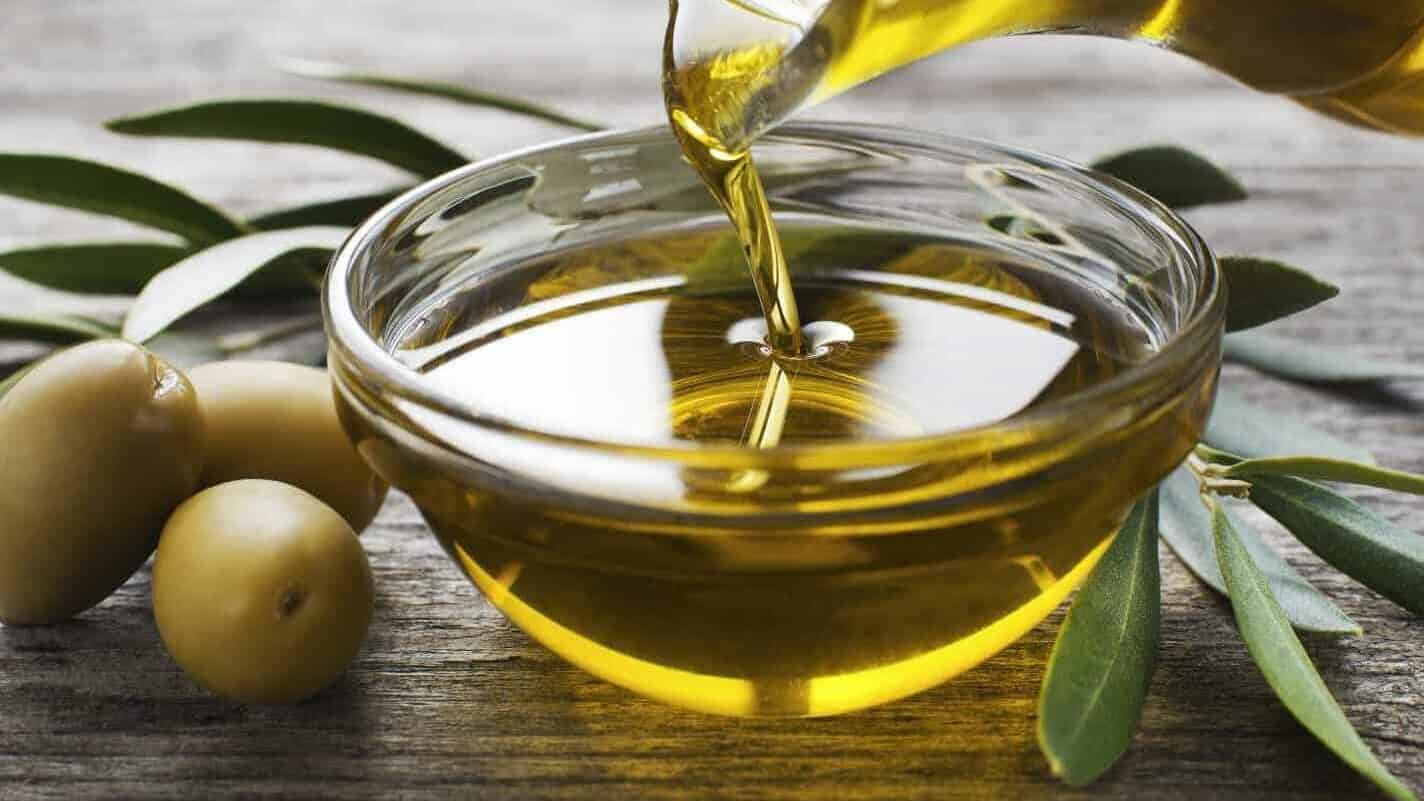
Olive oil is rich in unsaturated fats and plant sterols, which can help lower LDL cholesterol. Try to swap out saturated fats like butter when cooking for vegetable oils like olive oil, and incorporate more vinaigrette salad dressings instead of dairy products like ranch dressing.
Beans and Legumes
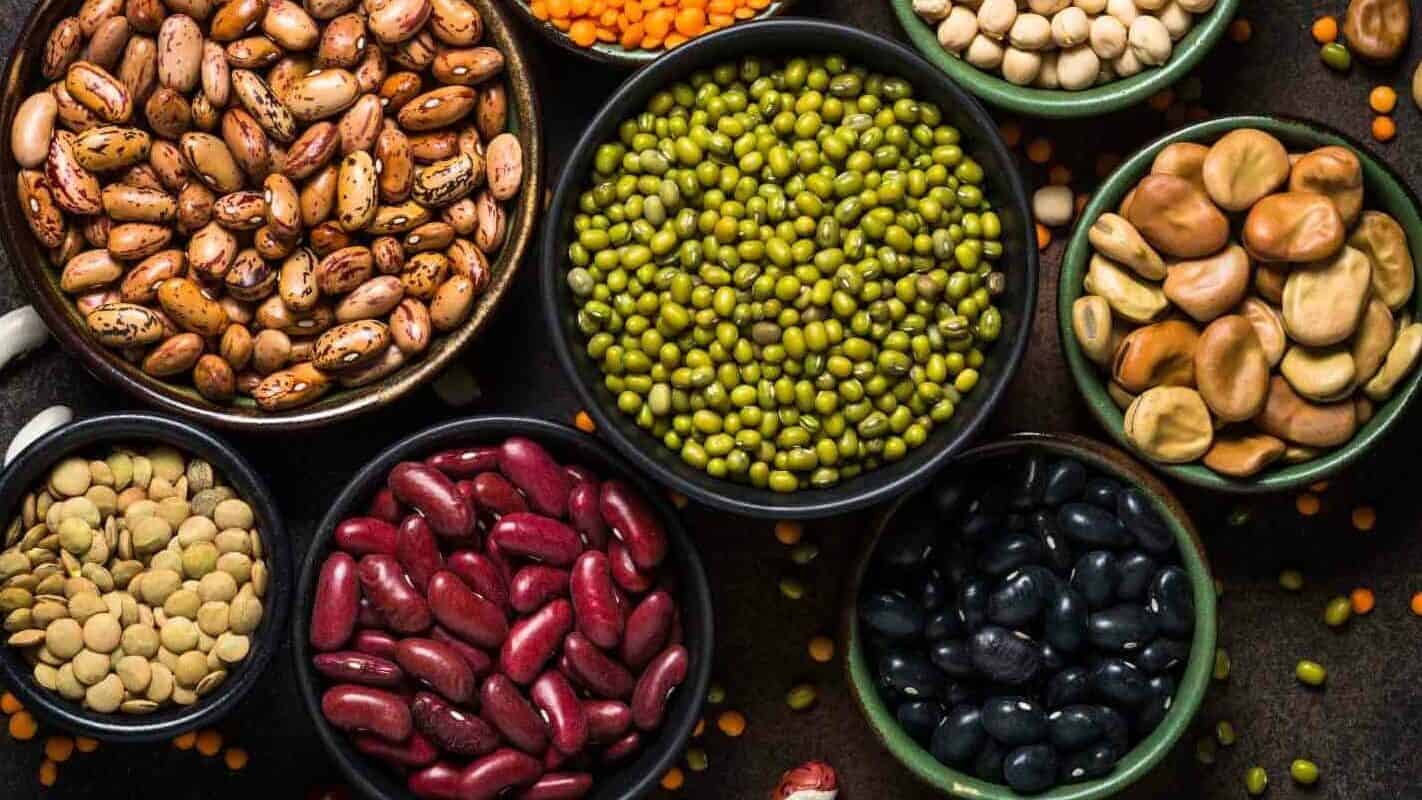
Beans and legumes like lentils are high in fiber and a great plant-based protein source. Incorporating more beans into your diet is an easy way to increase your daily fiber intake, and can help decrease LDL cholesterol.
Low-Fat Dairy
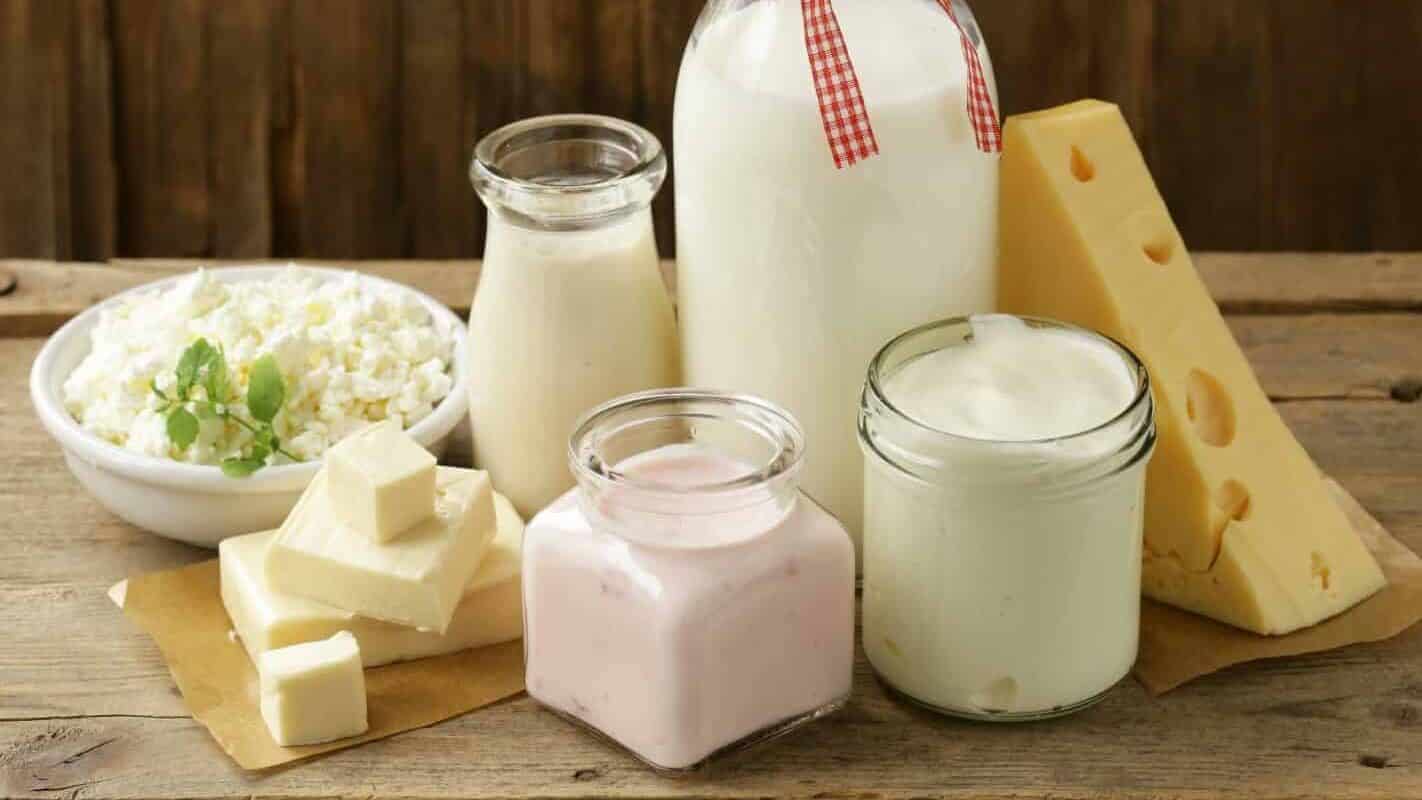
Many dairy sources like cheese and yogurt can be high in saturated fat. A diet high in saturated fats can increase your risk of high LDL cholesterol. Look for dairy products with 2 grams or less of saturated fat on the nutrition label. These types of products may be described on the package as low-fat, reduced-fat, or nonfat.
Lean Proteins
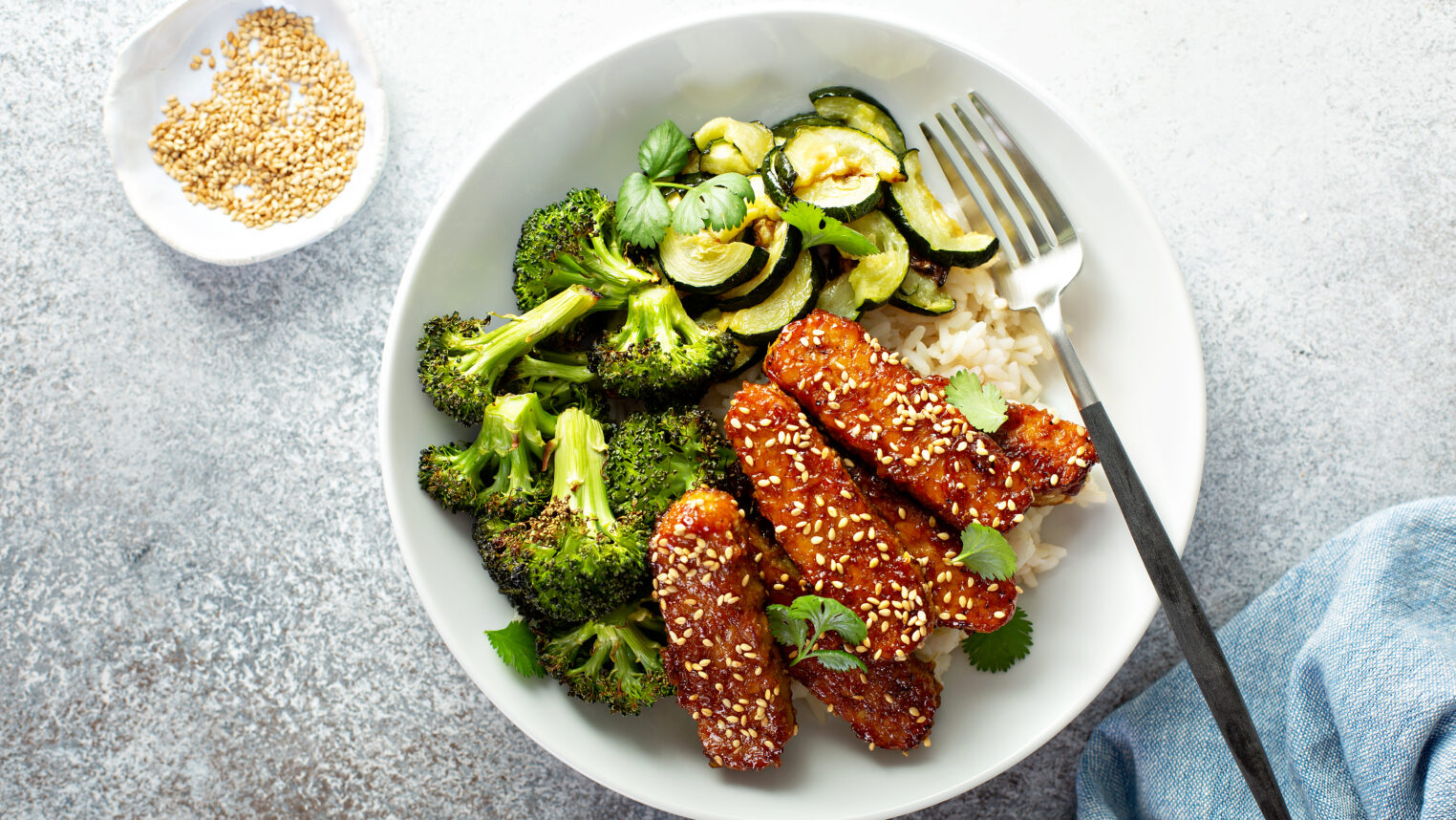
Red meats like beef and pork can also be high in saturated fat. Try to incorporate leaner protein sources low in saturated fat into your diet like chicken, turkey, fish, shellfish, tofu, and tempeh.
Almonds
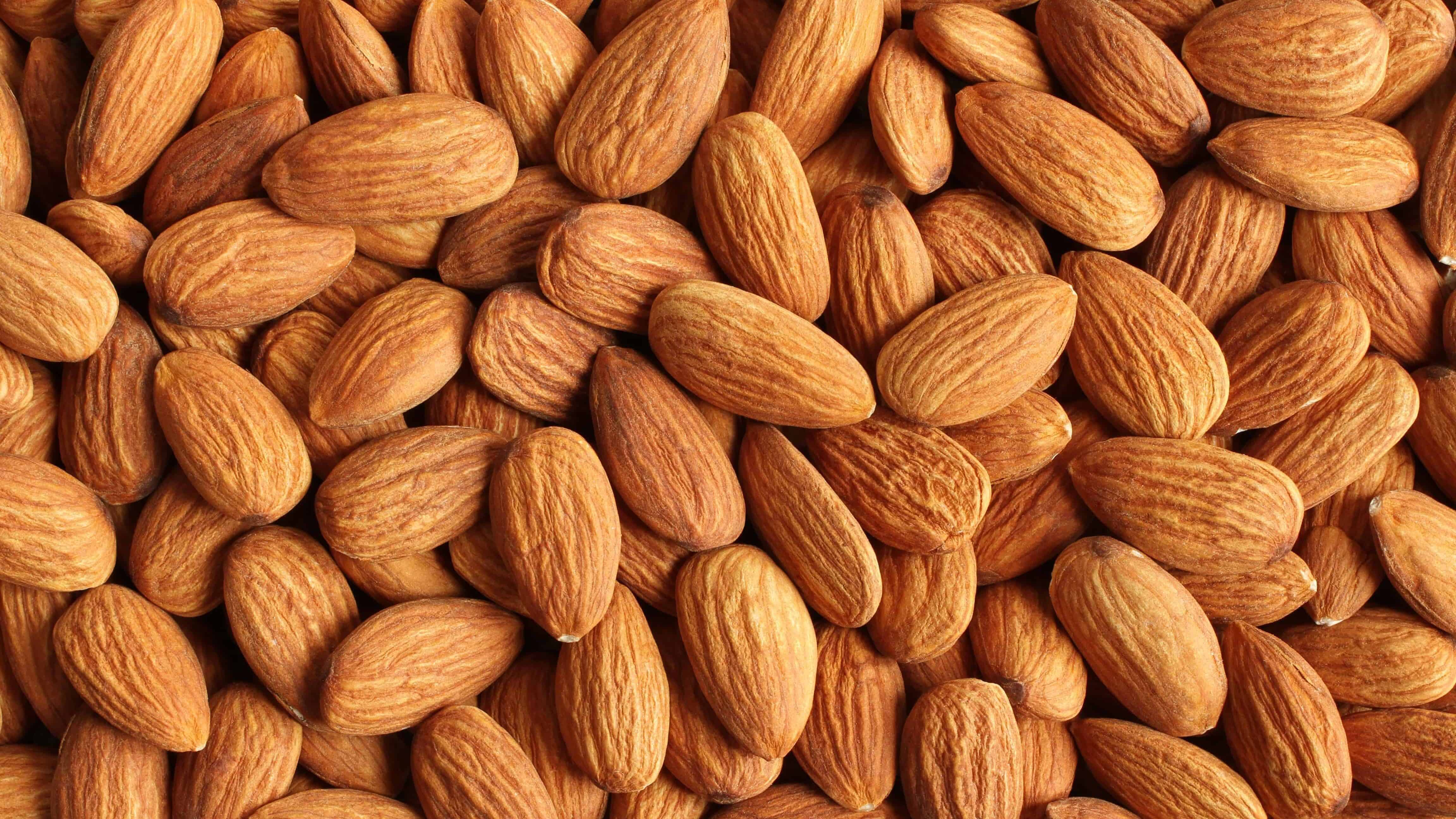
Almonds, like other nuts, are high in unsaturated fats, which are beneficial for heart health, unlike saturated fats. They also are a good source of fiber which helps to decrease LDL cholesterol.
Quinoa
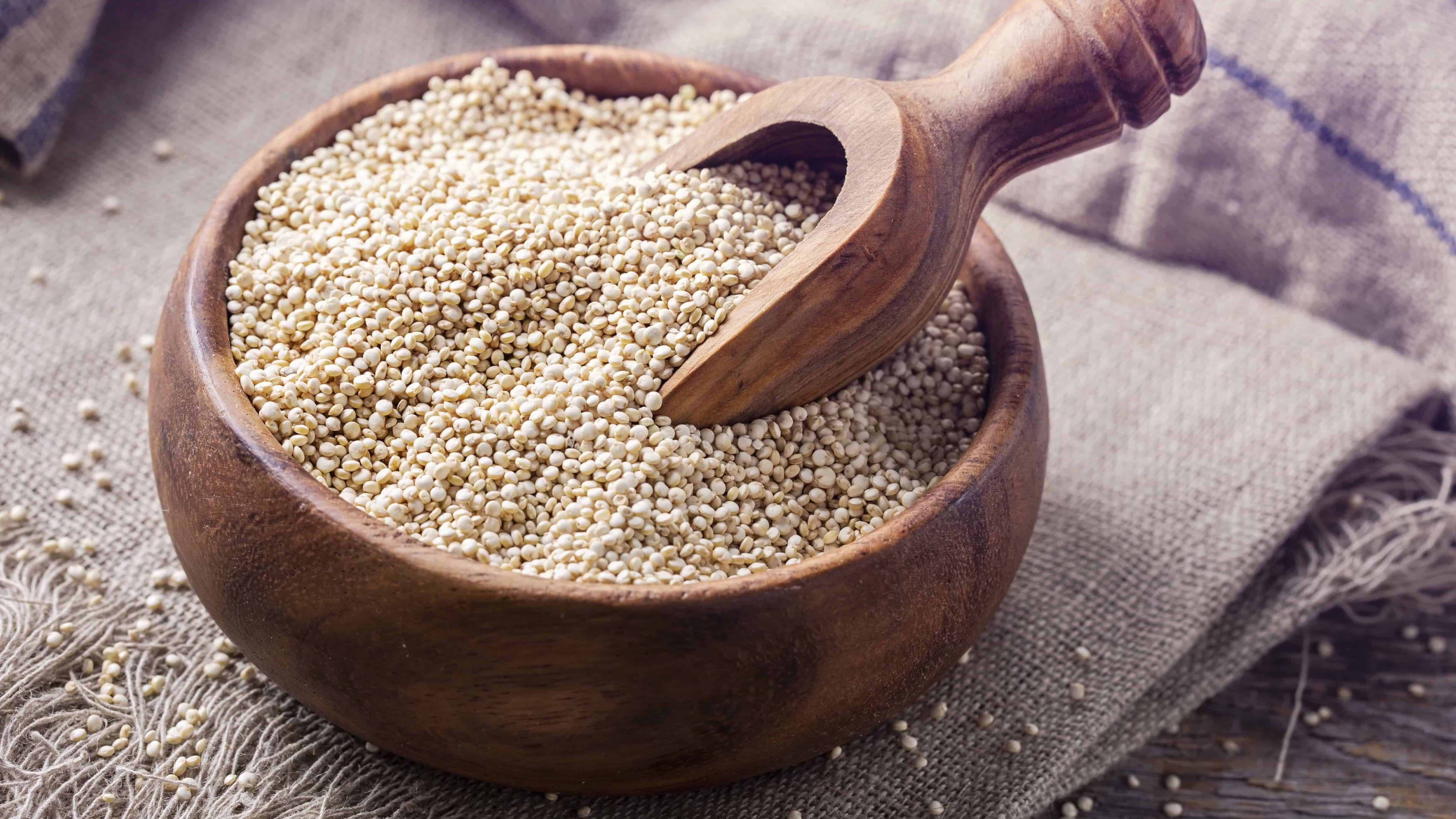
Quinoa is a type of seed that, when cooked, can be used like a grain! It is a good source of plant protein and high in fiber.
Try to incorporate quinoa in meals where you might use a lower-fiber grain, like white rice.
Steel-Cut Oats
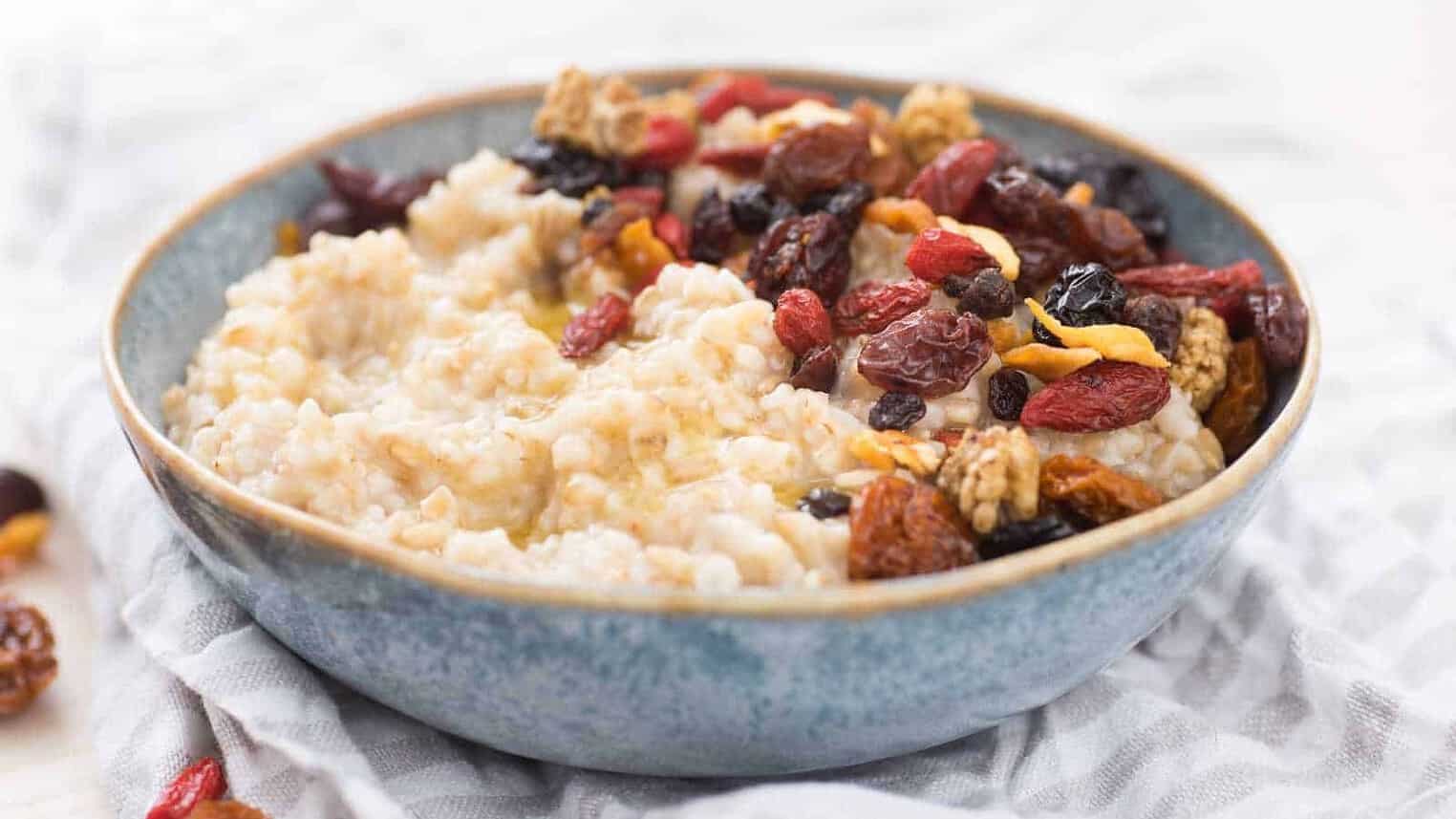
Oats come in a variety of forms including steel cut, rolled/old-fashioned, and instant. Steel-cut oats have more fiber than the other varieties, but they often take longer to cook.
Chia and Flax Seeds
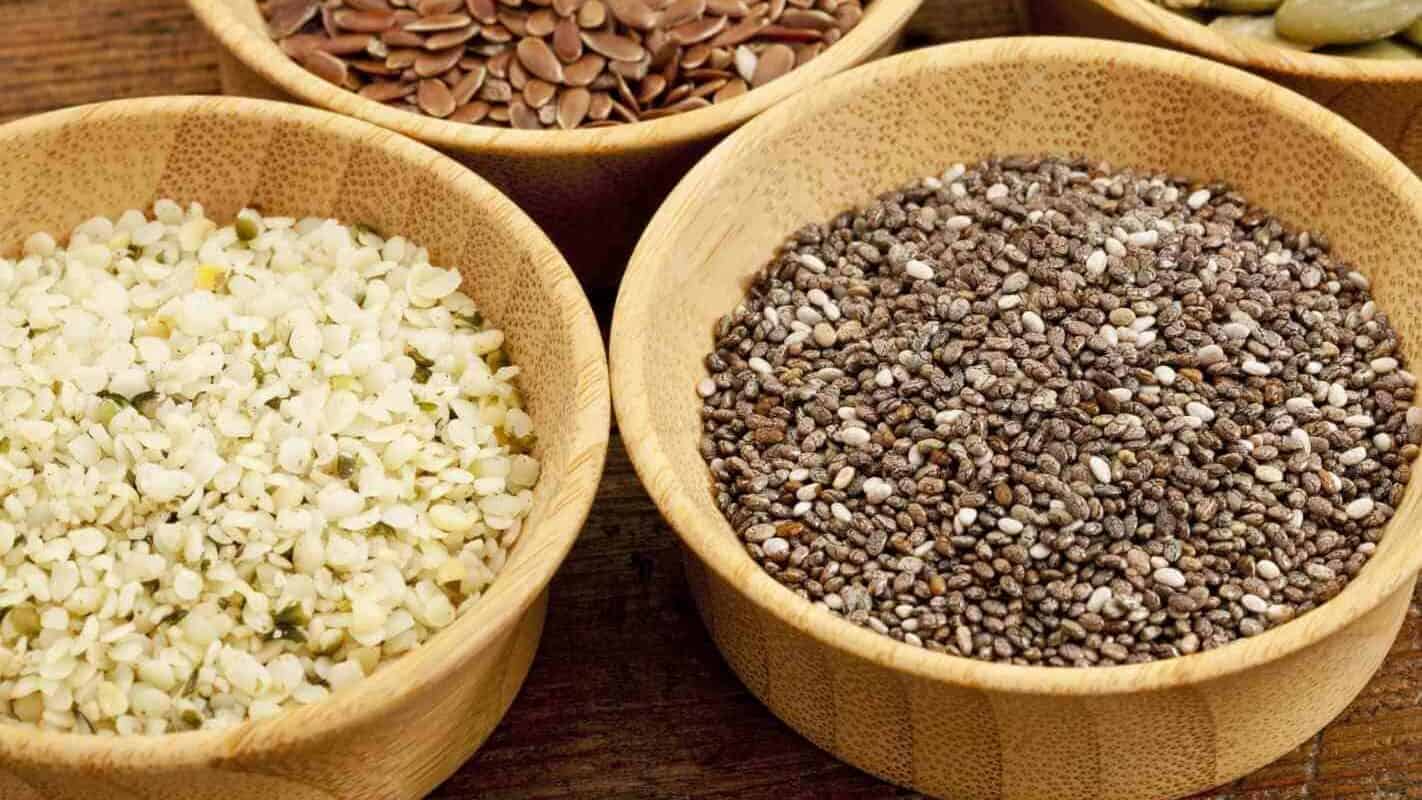
Chia and flax seeds are high in fiber and can be added to many different meals and snacks. Try incorporating them into smoothies, yogurt bowls, baking recipes, oatmeal, or salads. Chia seeds can also be mixed with liquid to create a chia pudding.
Apples
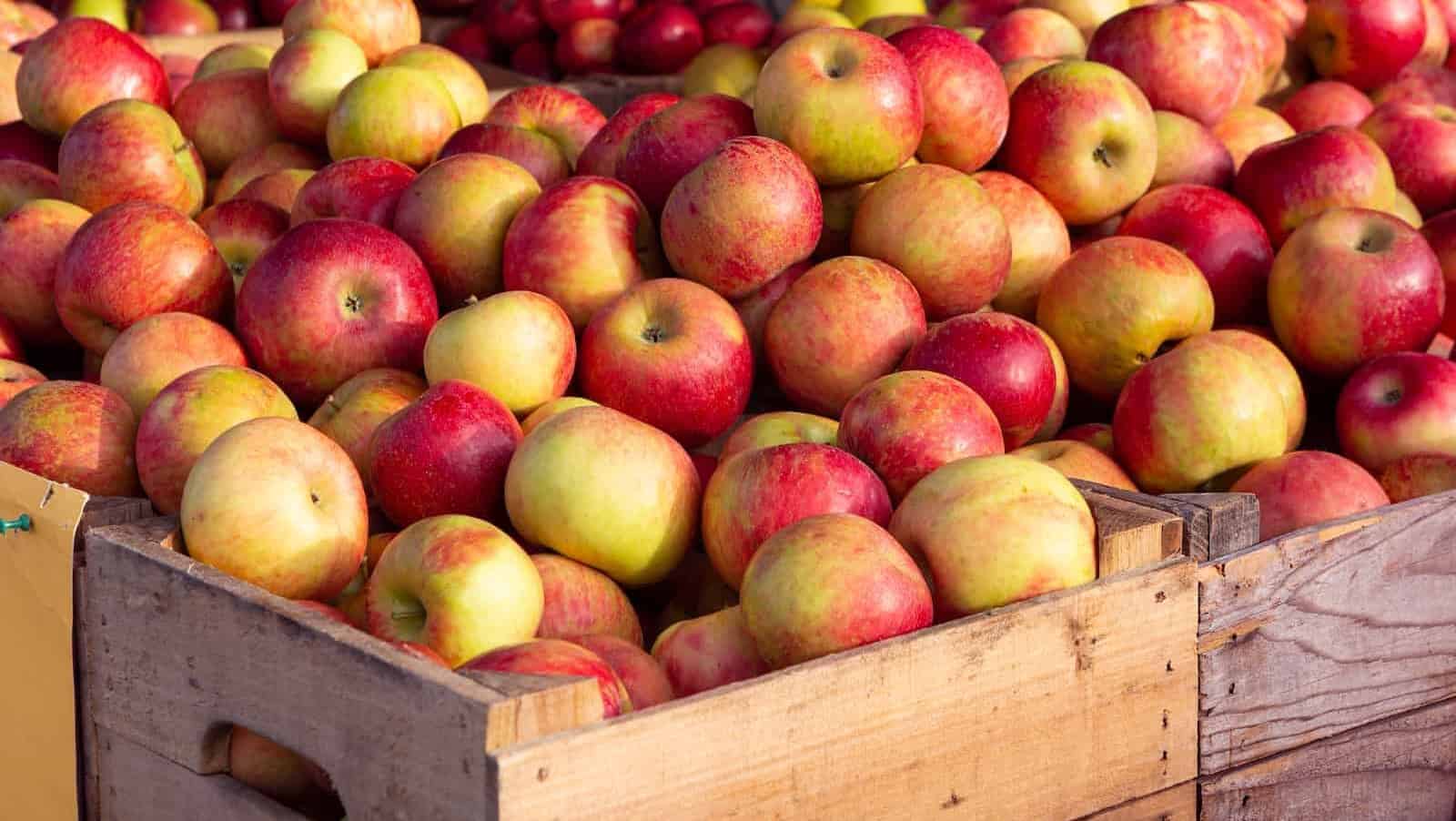
One medium apple contains about 4 grams of fiber! Make sure to keep the skin on to maximize the insoluble fiber intake. Apples come in many different varieties, so try to find the type that you enjoy the most.
Berries
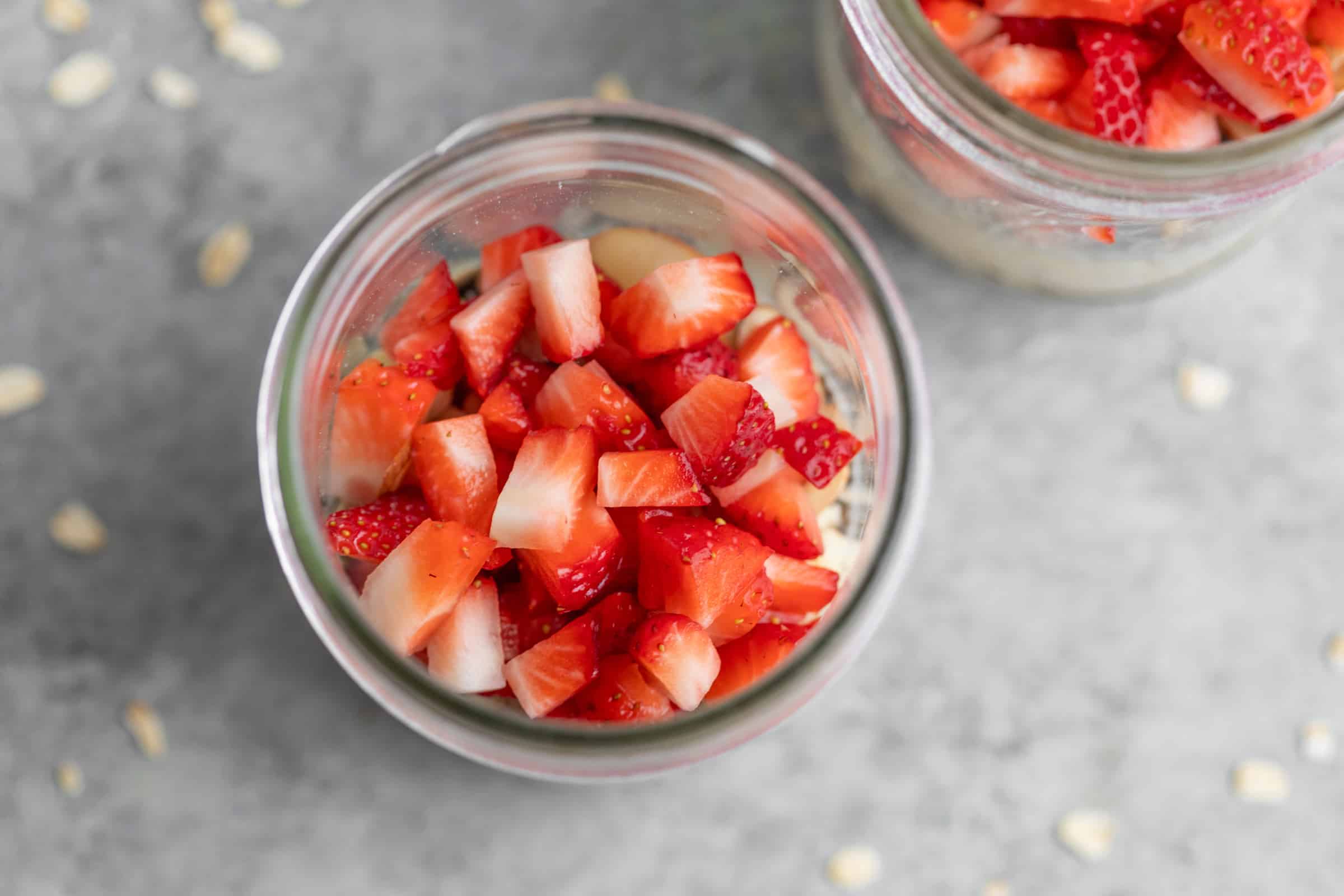
Berries like raspberries, blackberries, blueberries, and strawberries are great sources of dietary fiber because the skin and seeds are edible. They taste the freshest in the summer months but can be found frozen year-round and are often less expensive when purchased frozen.
Carrots
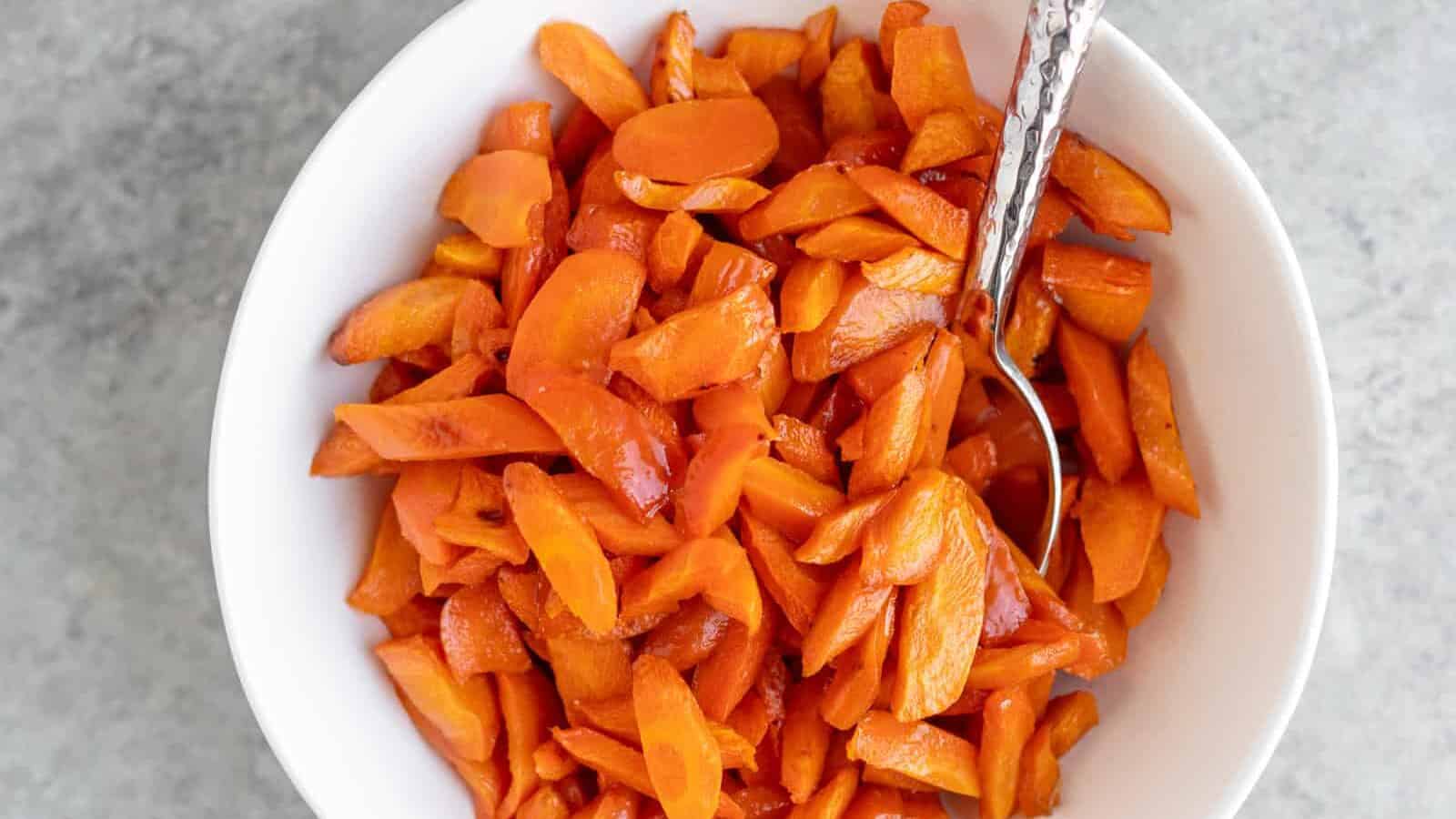
As with most vegetables, carrots are rich in fiber making them a heart-healthy food to help lower LDL cholesterol. The fiber in carrots helps to bind to LDL cholesterol in the gastrointestinal tract, trapping it and removing it from the body through waste.

